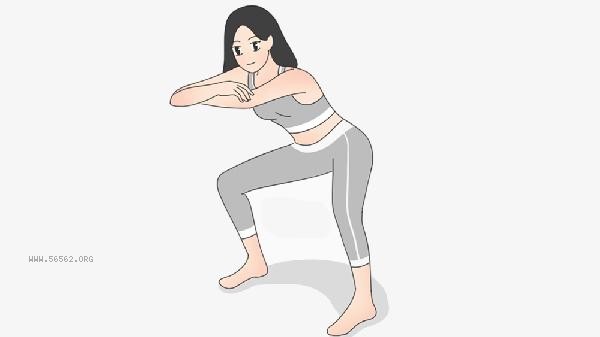Improper bowel movements may be improved through fitness, but it needs to be judged based on specific reasons. Fitness can help promote gastrointestinal peristalsis, regulate metabolic function, and may be effective for functional dyspepsia or mild dysbiosis of the gut microbiota leading to constipation; If it is caused by infectious enteritis, irritable bowel syndrome, or other diseases, medical intervention is required. Regular exercise can enhance abdominal muscle contraction, help regulate intestinal peristalsis, and improve food digestion and absorption efficiency. Aerobic exercise such as brisk walking and swimming can accelerate metabolism and promote intestinal emptying. Strength training can improve the stability of core muscle groups and indirectly optimize digestive system function. It is recommended to engage in 3-5 moderate intensity exercises per week, each lasting for at least 30 minutes, and avoid vigorous exercise immediately after meals. When irregular stools are accompanied by fever, mucous bloody stools, and persistent abdominal pain, fitness may worsen the symptoms. This type of situation is common in organic diseases such as bacterial dysentery and ulcerative colitis, and requires a stool routine, colonoscopy, and other examinations first. During the infection period, exercise should be suspended to avoid dehydration or electrolyte imbalance. Patients with chronic intestinal diseases should adjust their exercise intensity under the guidance of a doctor.

Adjusting the diet structure in conjunction with exercise yields better results, with an appropriate increase in soluble dietary fiber rich foods such as oats and yams, and a reduction in raw, cold, and greasy diets. Pay attention to replenishing water before and after exercising, and drink diluted salt water to prevent electrolyte imbalance. If there is no improvement in symptoms or abnormal symptoms such as weight loss after 1-2 months of regular exercise, it is recommended to seek medical attention from a gastroenterologist in a timely manner to investigate the cause.









Comments (0)
Leave a Comment
No comments yet
Be the first to share your thoughts!